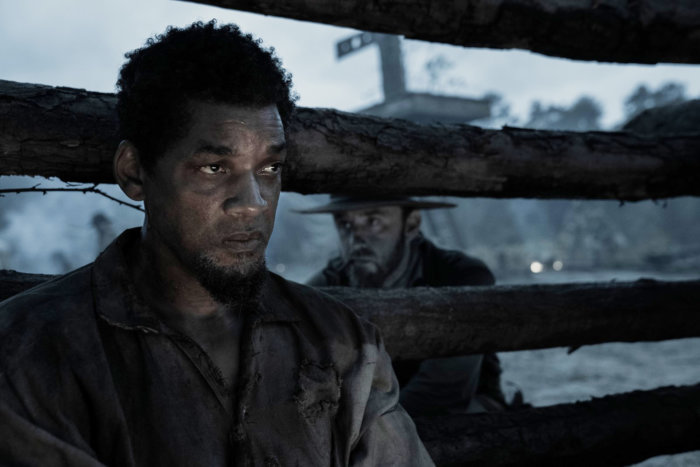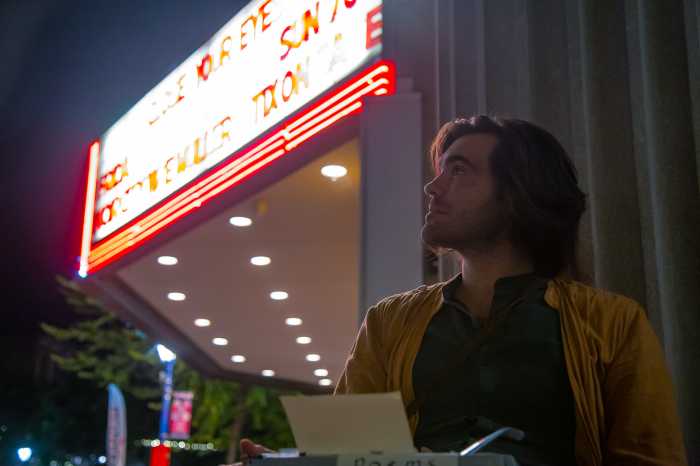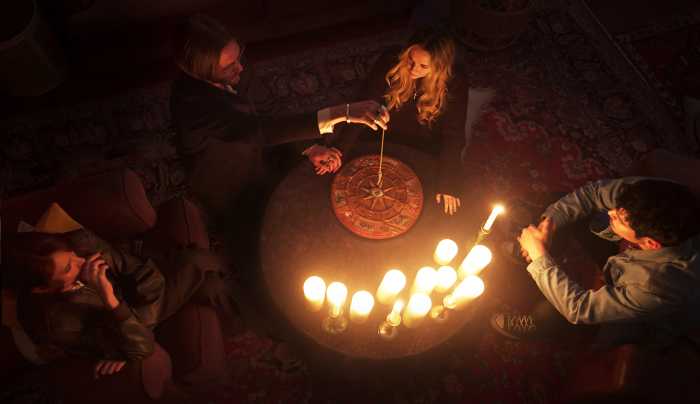By María Estévez, MWN
In the new film, ‘Emancipation,’ Will Smith plays the role of an enslaved man named Peter who made American history when a photo of his back—severely scarred by whippings—made the rounds across the country during the Civil War. Peter escaped from slavery in Louisiana and volunteered for the Union Army. After seeing the army medics, he was photographed and the scars on his back are part of history.
The image was published in Harper’s Weekly in 1863 and was titled “Whipped Peter.”
Along with Smith, the director of ‘Emancipation,’ Antoine Fuqua, explained why he felt the need to represent this difficult period of history in a film.
“Today it seems that we are forgetting our past, which is dangerous,” said the filmmaker, sitting next to Smith. “They are putting us to sleep with lots of cash and diamonds. Some people believe that our story started when Barack Obama became president, but after seeing George Floyd die on the street, I thought the time had come to tell this story.”
Will Smith talked to Metro about the movie.
What has this film meant to you?
This movie focuses on faith. Peter seemed to have the power of faith to be able to endure so many punishments. On several occasions he was flogged so severely that he fell into a coma, and it was then that he reportedly met God. After Peter came out of the coma, he believed in a way he had never believed before. He walked into the world with a knowledge of the divine, a knowledge of God that I desperately needed to understand and explore.
Do you hope to regain public confidence?
Well, I hope my actions will not punish the rest of my colleagues and my director, Antoine Fuqua. I hope the material, the power of the film, the timeliness of the story, will open the hearts of the audience to give the film a chance.

You have never portrayed a slave in your entire career and previously you stated that you were not interested in this type of character. Why have you changed your mind?
In 1863, someone like me would have been a slave. Due to the circumstances in which I found myself, I thought that I was much more prepared than before. Representing that level of human atrocity has been very difficult. Although I was acting, listening to the verbal abuse, the physical language of hearing the N-word a hundred times a day by really good actors, definitely hit me emotionally. The filming was very hard for all of us on the team and we decided to hire a therapist and spiritual advisers because there were a lot of people affected. As an artist and as a human being, I’m grateful to Peter for the difficulty of this film, because I’ve grown in ways I never imagined. I’ve learned lessons from this film that I wouldn’t have learned any other way.
How was your relationship with director Antoine Fuqua during filming?
It was a challenge for both of us to portray emotional and physical brutality, but we supported each other. In Louisiana, after the hurricane, many of the team’s workers lost their homes, but they came to work every morning and slept in tents. Their energy and tenacity drove us. I think Peter gave us the strength to overcome the inclement weather and the physical brutality that the shoot demanded.
Is the lack of freedom a very topical issue?
The concept of freedom has changed me with this film. If I’ve learned anything from Peter’s character, it’s that his body could be enslaved, but his mind was always free. He was a spiritual warrior who learned to face tremendously difficult situations without ever doubting God. He never lost his faith, nor his love, and always kept his trust in God. A God who kept his promise by delivering salvation and freeing his family. They got the maximum wisdom, love and happiness. The concept of maintaining your emotional independence unshakable is true emancipation. Freedom of mind, freedom of spirit; is freedom.
‘Emancipation’ is now showing in theaters and on Apple TV+.


























